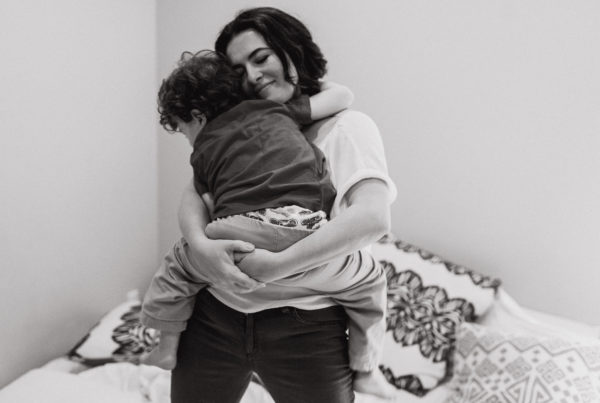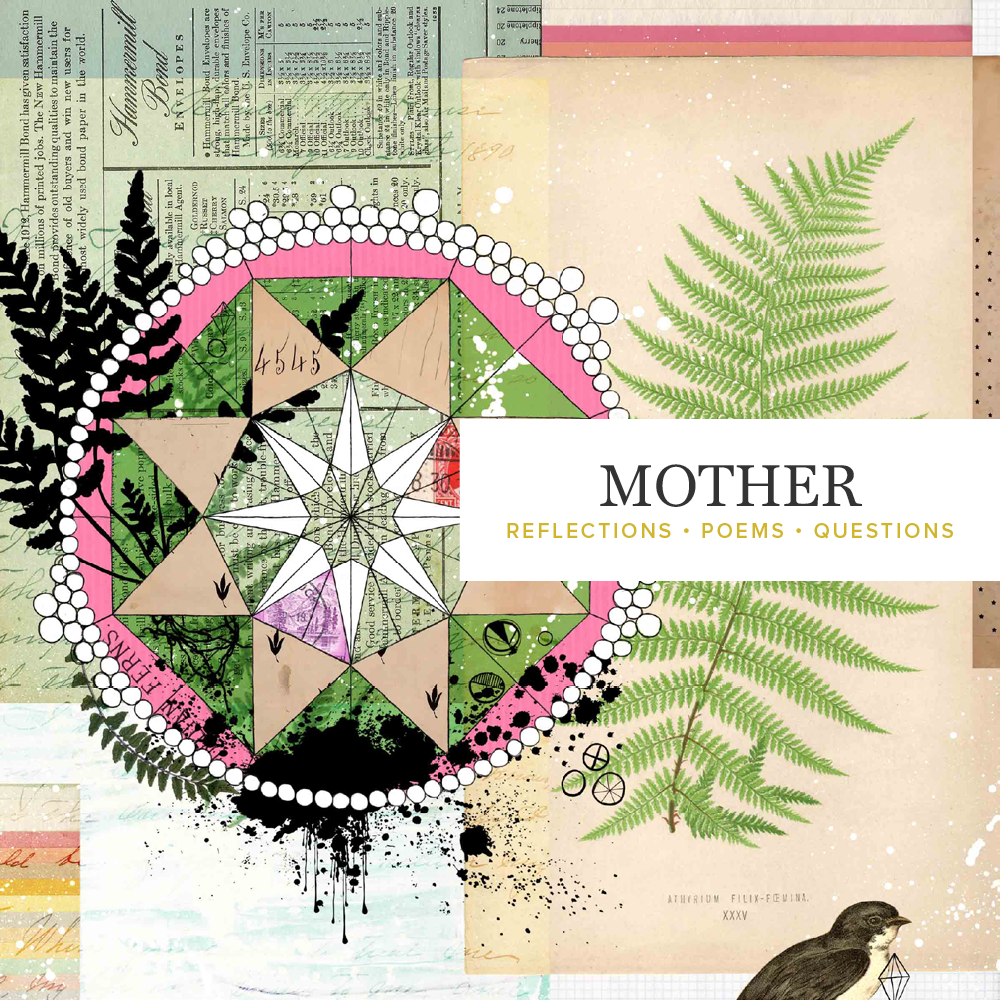When I was pregnant with my son, in one of our early appointments, I asked the midwife – What about exercise? How often do you recommend, and how much?
It was my first baby. I brought my good student mentality to the project. I wanted to do everything by the book, and I thought someone else could give me all the answers.
She was very nonchalant about the question, probably compensating for her clientele’s overwrought concerns about exercise and “staying fit” during pregnancy.
“Take lots of walks,” she said, “and if you are liking the prenatal yoga you are doing, great – do that,” she said casually, almost with a shrug.
I was unsatisfied with this answer. “Okay. How often should I do the yoga?” I wanted a program, a should, something I could give myself a gold star around – or (let’s be honest) more likely, feel like a failure for not fulfilling.
She looked at me as if this was a rather odd question. “As often as your body needs it,” she replied, shrugging again.
What? What did that mean?
In my 30+ years of American female societal conditioning around nutrition, fitness and exercise, in all my travels – through the land of gyms and diets and fitness books and feminist and anti-feminist approaches to the topics – I had never heard that idea in quite this way: “as often as your body needs it.”
But as soon as she said it, I understood exactly what she meant. After I did a yoga class, my body felt more open, and more awake. Then there was a certain point when that feeling wore off, and I began to feel tight and cloudy again. That, she was telling me, could be the cue it was time to do yoga again. No abstract schedule, no absolutes, but that.
I love this story for the healing balm it can be for women’s shoulds about our bodies. It reminds us: Turn inside to find the answers. Trust your rhythms. Listen to the cues. Make your own routines, paint your own canvas, sculpt your own life.
But I also love its broader truth. Women have absorbed just as many stories, as many shoulds about everything else as we have about our bodies. About everything – humanity’s potential, politics, money, education – it’s time for women to stop looking to the world to tell us how things must be.
Instead, we will show the world how they can be – how they can be better, different, whole and humane.
Love,
Tara







